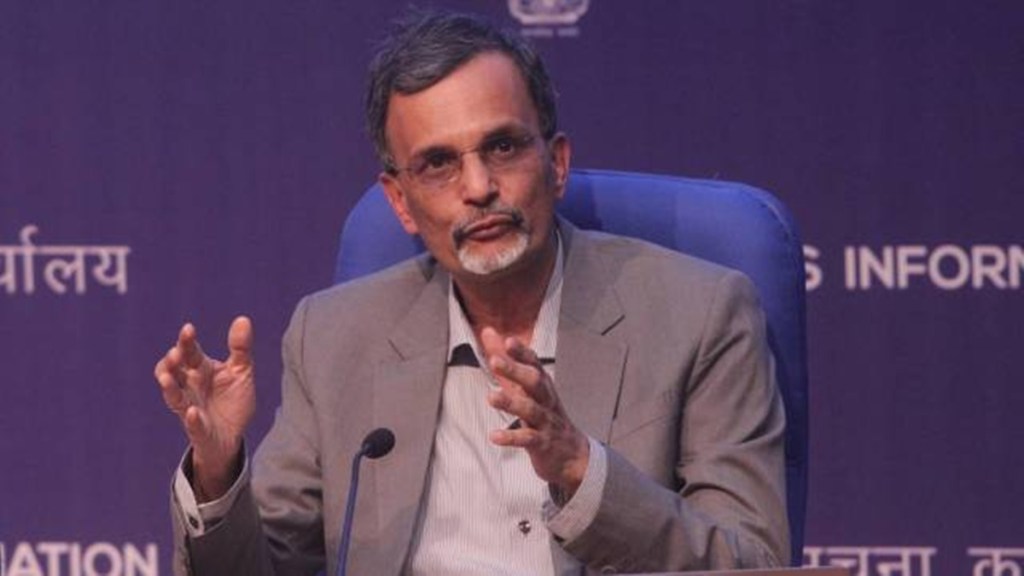Indian companies should not seek protective cover of weak currency as it is not a substitute for productivity and investment in research and development, Chief Economic Advisor V Anantha Nageswaran on Thursday said, adding that the world has entered an era of de-globalisation.
Speaking at an event organised by the Institute for Studies in Industrial Development (ISID), Nageswaran said the reliance on weak currency should not be instrumental to boosting exports. “If anything, it should be part of the policy arsenal to be deployed contextually, but not as a substitute for productivity, investment in R&D and quality, but as a complement at best”.
India’s merchandise exports in October rose 17.3% on-year to $39.2 billion while imports rose 3.88% to $66.34 billion.
“If you look at the seven months of data for the current financial year, excluding oil and gems and jewellery, then merchandise exports have grown close to double digits (9%). I think there are some improvements happening, but we should be under no illusions. In other words, the rising tide will not lift all the boats,” he said.
India’s export growth has a high beta play on global export growth, as global volumes rise, India also benefits, he said. “It’s not as if we are very good at grabbing market share in terms of higher quality, lower cost or better value for money. When there is a general tide that lifts all boats, India’s export boat also gets lifted,” he noted.
Regardless whether the new administration in the United States will intensify their policies or not, the world has already entered the era of de-globalisation, he said. The war in Ukraine has also taken a different dimension, he added.
“We need to be aware that this reliance on global GDP growth and global export growth driving our export growth—that’s not going to happen,” the CEA said.
A weak currency can be good for exporters, making their products relatively less expensive for buyers abroad.
“In many other developing countries, including India, weak exchange rate actually has become a protective cover for lack of productivity. It was used to hide our inefficiencies. That should not be the case,” he said.
China relied on weaker currency but it was guided by domestic productivity leaps in the first decade and also in the last decade of the new millennium, he added.

